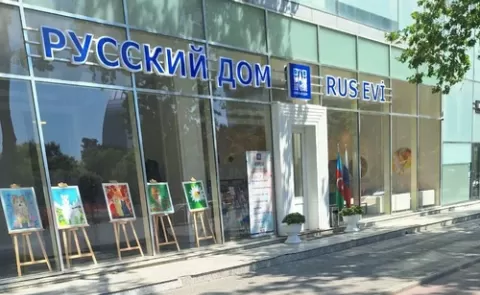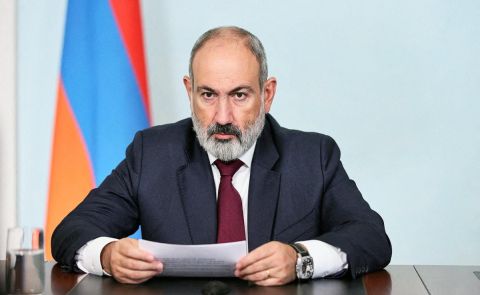
Transitional justice project kicks off in Armenia

On 24 May, the parliamentary debate on transitional justice in Armenia has begun.
The president of the National Assembly, Ararat Mirzoyan, opened the parliamentary discussion. In his speech, he pointed out that it is indispensable to understand why the current judicial system in the country cannot meet the people’s demands for fair trials, and why transitional justice should be applied. The objective of transitional justice, according to his words, is to assist in the formation of an independent judiciary. He also warned that the goal is not to exacerbate the existing problems, but to assist in the process of reconciliation. “The objectives will not be fulfilled if we sink deeper into the sea than it is necessary. Armenia is a country of law, and opening Pandora’s box is impermissible. Transitional justice is not the formation of emergency courts. Transitional justice should assist—by legislative means—in the “cleaning” and establishment of a functioning judicial system”, he said.
Karen Zadoyan, the chairman of the Armenian bar association, also shared his views on transitional justice. In particular, he stated that the vetting of judges is not systematic, and would be a better solution in comparison to lustration, which is considered a violation of human rights by the European Court of Human Rights. He does not think that the vetting of judges would be humiliating to Armenia, it is according to him: “Just the opposite, the Armenian judicial legislation includes provisions, according to which the judges are subjected to assessment every five years. Moreover, it gives an opportunity to the judges to apply every year and be assessed. It means that it, first of all, is necessary for a judge as after vetting they will be more confident and stronger. Vetting gives an opportunity to keep the judge’s kind image alive among the people.”
Aram Manukyan, a member of the Armenian National Congress political party, demanded that immediate measures against dozens of judges and prosecutors should be taken. Manukyan addressed the head of the Special Investigation Service, Sasun Khachatryan, and expressed his willingness to submit the lists of judges and prosecutors who should be criminally prosecuted as soon as possible.
Ruben Carranza, the director of the Reparative Justice Program at the International Center for Transitional Justice (ICTJ), also had the opportunity to share his views on the parliamentary debate. He said that ICTJ’s idea is to help the country to at least escape out of hell, if it is not able to bring it to paradise. He also cited different countries' best practices of judicial purge, noting that the most recommendable model for Armenia “would be the precedents of regional neighbors from the Council of Europe's perspective.”
“The judicial institutions in Armenia are largely composed of many of the same judges and investigators that allowed the institutions to be abused. Armenia must look for reforms that are far-reaching”, he added. According to him, the institutional reforms may include the vetting of officials in control of agencies that ought to provide the access to justice. “The institutional and judicial reforms are often mentioned as the component of transitional justice”, he said, adding that transitional justice can be considered as truth seeking in Armenia.
On the same day, the EU offered help to the Armenian state officials to implement the judicial reforms. “We welcome the unequivocal commitment by the Armenian government to pursue justice reform in accordance with the Armenian constitution and Armenia's international commitments, in particular those stemming from its membership in the Council of Europe and in consultation with the civil society and international experts, including the Venice Commission. The independence and impartiality of the judiciary is a fundamental pillar of the constitutional order and the rule of law. The EU stands ready to provide technical and financial assistance for that purpose”, reads the official statement by the EU delegation in Yerevan.
Meanwhile, the head of the Supreme Judicial Council, which is the Armenian state body that oversees Armenia’s courts, Gagik Harutyunyan, has resigned from his office. Harutyunyan said that he no longer finds it “expedient” to head the Supreme Judicial Council (SJC) “in view of the ongoing developments relating to the judicial authority and courts and my concerns expressed in that regard through the media on 20 May. [...] I wish you continue your fruitful activities in the establishment of an independent judicial authority befitting a rule-of-law state”, reads Harutyunyan’s letter addressed to the members of the SJC.
For more information on the Armenian judicial reforms see:
See Also

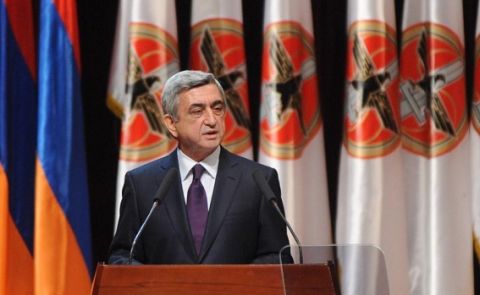
Anti-Corruption Court Reignites Case Against Armenia’s Ex-President
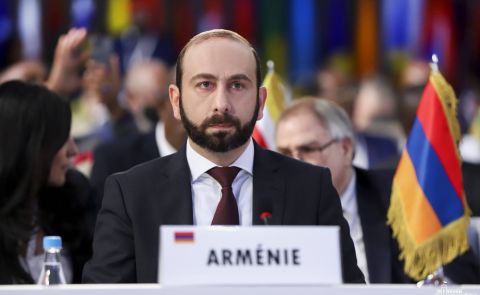
Armenia Seeks Full Normalization with Türkiye, Pushes for Peace
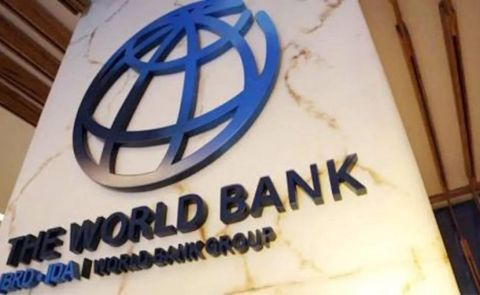
Armenia Launches Major Tourism Upgrade with World Bank Support
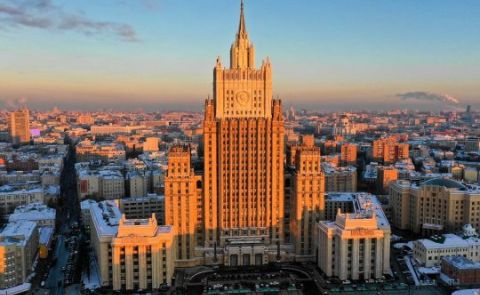
Russia Ready to Restore Ties with Georgia, Criticizes France and EU’s Actions in South Caucasus
